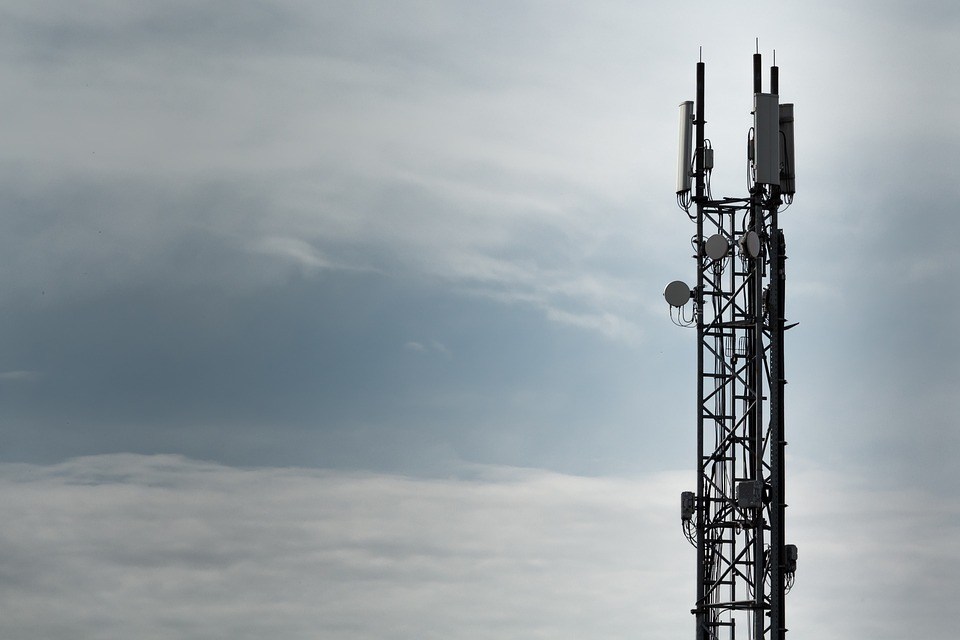The fifth generation of mobile networks is close to its breakthrough, but many people think that 5G will bring dangerous radiation with it.
Is 5G as dangerous as for people's health as the protestors claim?
What is 5G?
5G is the fifth-generation wireless technology for digital cellular networks, and is faster than the existing 4G networks.
"It allows wireless communication,” said Professor Guy Vandenbosch, radiation expert of the KU Leuven, reports NewMobility. "One of its most important characteristics is that it has a much larger capacity, enabling the user to forward much more information at the same time," he added.
“It’s precisely its high speed that will be used for several technological tours de force, like the self-driving car, for example. The possibilities are endless,” he said.
What is the difference between 4G and 5G?
“When it comes to radiation, there is no real difference between 5G and 4G, but the way the mobile signals are forwarded is different,” said Vandenbosch. “5G uses a photonic technology, which exchanges data by using light particles, bringing this mobile network on a higher frequency," he added.
Opponents of 5G fear that more mobile network masts that will be installed to guarantee the high speeds will produce an unhealthy amount of radiation. However, higher speeds do not automatically mean more radiation. "Every city is divided into cells that have one mast each. In the future, those cells could be made smaller, with more antennas. The smaller the distance, the less power you need to make the network function, and the less harmful the radiation," Vandenbosch said.
Is 5G radiation dangerous?
Some people are convinced that daily exposure to radiation is harmful to health. Some Belgian doctors call it "highly dangerous" and say it causes headaches, chronic fatigue, disturbance of concentration and cancer, reports Het Laatste Nieuws.
“Research has been conducted in the last few years to study the effect of electromagnetic radiation,” Vandenbosch said, “but not enough. Repeated research is necessary to find out whether the study each time leads to the same conclusions," he added.
However, "just because scientists couldn’t prove that radiation is harmful, does not mean it is safe. No one died from it, so far, but we don’t know the effects in the long term," said Vandenbosch. “We don’t know (yet),” he added.
However, the heating of 5G is negligible. "Someone’s brains heat up far more when walking in the sun than holding a cell phone to their ear. Additionally, we have to admit that wireless technology already saved many human lives," Vandenbosch said.
What will happen now?
“When self-driving cars will actually hit the road, 5G has to be reliable and fast. But, at this moment, I see no reason why we should already increase the power of 5G. Today, we produce 3 Volt per meter and 900 megahertz per antenna. That’s enough for now," he said.
Vandenbosch is a proponent of ALATA 5G, meaning As Low As Technically Achievable, or keeping the radiation as low as possible without compromising its functioning.
“If Belgium does not quickly implement 5G networks, our country will miss out on investments, innovations, and jobs,” the Belgian business world and agricultural sector have repeatedly stated. “The lack of 5G hinders us in the fight against foreign competitors.”
Bernard Clerfayt, the Brussels Minister for Employment and Digital Transition has recently pleaded in favour of the development of a "5G test zone" in Brussels, which aims to study the impact of prolonged exposure to 5G waves, reports L'Echo.
Maïthé Chini
The Brussels Times

